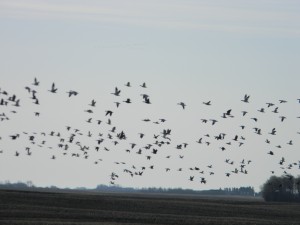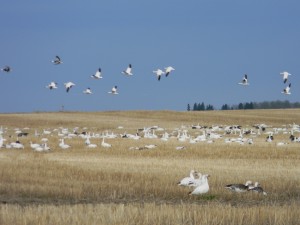
Today, Day Two of Superstars Week, three more Fictorians share some of the top benefits the Superstars Writing Seminar provided to us.
* * *
Frank Morin: Superstars was a landmark event in my writing career. I came to Superstars thinking I knew what it meant to be a writer. I left knowing what it takes to succeed.
The presenters shared so much knowledge in such a short time, it’s hard to understand until you’re there. Of all the brilliant advice, here’s what I found most useful:
1. Volume matters, particularly in today’s market. One book per year is minimum. No longer can a writer slave over a manuscript for years before it’s ready for release. Just like everything else in our world, the pace is faster than ever. Competition is fierce and readers’ attention spans are short. They have too many other options available. They won’t wait for years. Kevin J Anderson said early in his career, he was querying with over 30 separate pieces simultaneously.
2. Contracts. This is business. Publishers, and even some agents, are not your friends. The only person who is really looking out for your interests is you. Learn about contracts, ask questions, and don’t sign anything you don’t fully understand.
3. The economics of publishing. We got a glimpse at the economics involved from both the authors and publishers points of view. It was eye opening. I had never realized publishers generally lose money on an author’s first book. A publisher is making an investment, hoping to reap a return on that investment through future books by that author as their fan base grows. That helped explain why most new authors get very little for a first novel. Understanding how the industry works allows us to approach it as professionals, with correct expectations.
* * *
Ann Cooney: Superstars was wonderful because now I’m able to manage my career with confidence and approach it with professionalism rather than naive timidity.
Superstars showed me where the bar sits to be a professional writer. For example, if you’re serious about writing, WRITE! A novel a year is the minimum output. So, that first year after Superstars I wrote two novels to complete the trilogy I had started. Last year I researched and wrote another novel. This year, my new research complete, I expect to complete one, possibly two novels for a series. So now when I talk to publishers and editors, I have a product line which show I’m serious because I have more than a one-time dream I’m selling.
Before Superstars I found the idea of talking with anyone in the industry intimidating because I felt so naive. And I was. Now, with some understanding how things operate, it’s easier talk to publishers, editors and successful authors in a time when the industry is changing so much.
When I saw how much the superstar authors give back to the writing community I was inspired to do more than I had been. I’m a short story contest judge. I’m editing an anthology. I help other aspiring writers and support writing groups. The neat thing is that the more I give, the more I learn and grow and my network of resources and contacts are always expanding.
In short, the greatest thing about Superstars is that I have great role models who have not only inspired me but have shared what it takes to make it in this industry. And for that, I’ll always be grateful. Thanks!
* * *
Jason Michelsen: I can’t recommend the Superstars Writing Seminar enough. Even after going through two different writing programs at the undergrad and graduate levels in college, there were so many things left untaught during my education about the business side of the industry. I suppose it is a school’s job merely to teach its students how to write better, but, as I learned at the
seminar, there is so much more to being a writer than just writing.
For one thing, we never discussed contracts in school, and if you ever want to get paid as a writer, knowing about contracts is important. The lecture by Eric Flint on contracts was invaluable. Granted, there are a lot of writers out there who may not read their contracts carefully and leave all negotiating up to their agents, but I for one want to know exactly what’s in my contract should I ever be lucky enough to get published through traditional means.
Getting published through traditional means typically requires an agent, something else that was never discussed when I was in school but is covered at length during this seminar. It’s true that just about every author has their own unique story about how they acquired their agent, but the Superstars Writing Seminar prepares you for what you need to do when you’re ready to go to market with your finished manuscript.
Knowing a little about the market doesn’t hurt either. Okay, knowing a lot about the market is ideal: what kinds of books are selling, what publishing houses publish the types of books you write, what you might expect to make as a mid-list author or national bestseller, etc.
Sure, discussing salary might be jumping the gun a bit for most seminar attendees, but that’s the beauty of the Superstars Writing Seminar. Not only do you get access to a wealth of knowledge about the publishing industry, you also get access to some of the most prolific writers producing speculative fiction today. So if you go, hang out with the authors during breaks, ask them questions, network and make connections with your fellow attendees. You’ll be glad you did!
See you in April at Superstars!
 shade, nursing tender pink skin, watching children and adults play in the lake, dogs taking people for a walk, and I sip my wine, absorbing the stillness.
shade, nursing tender pink skin, watching children and adults play in the lake, dogs taking people for a walk, and I sip my wine, absorbing the stillness.






